
for Indigenous Peoples in the North of Salta Province (Departments of Rivvia, San Martín and Orán), Argentina
The project, funded by the EU Humanitarian Aid Office (ECHO), aims to reduce the vulnerability of local indigenous communities in the northern region of Salta. This area is highly vulnerable to external climatic and health shocks, and the project, in addition to carrying out rapid, life-saving interventions, will be consolidating a disaster prevention and mitigation system in conjunction with the public authorities and the indigenous communities.




General objective
Contribute to mitigate the effects of socio-environmental and health emergencies, and improve the capacities to cope with emergency disasters in the province of Salta, Argentina.
Specific objective
Increase and strengthen local capacities for preparation and timely reaction to socio-environmental and health crises in municipalities with vulnerable indigenous populations in the North Region of the Salta province (departments of Rivadavia, San Martín and Orán).
1.R01.A01: Training of provincial and municipal technical teams, indigenous leaders, and social operators in the Diploma in Socio-environmental Risk Management with an intercultural approach.
1.R01.A02: Appraisal on the living conditions of the indigenous population of the northern region of Salta (ICAMP).
1.R01.A03: Strengthening of a Provincial Early Warning System for Socio-climatic Emergencies.
1.R01.A04: Technical advice and awareness-raising for the strengthening of municipal Civil Defence areas.
1.R01.A05: Systematisation of the intervention methodology in use.
1.R02.A01: Training courses for indigenous leaders in Integrated Risk Management and participatory design of 30 Risk Maps and available resources.
1.R02.A02: Preparation of an Action Plan for each community
1.R02.A03: Activation of Indigenous Early Warning System for socio-environmental emergencies.
1.R02.A04: Equipping mobile temporary shelters and Displacement Centres to be ready for floods, droughts, or pandemic outbreaks.
1.R02.A05: Upgrading or installation of elevated water tanks.
1.R02.A06: Training of women leaders in community strengthening prevention of gender-based violence, early childhood, and risk management.
1.R02.A07: Awareness-raising for the creation of Community Emergency Response Commissions.
1.R02.A08: Design and printing of graphic material and production of radio adverts to provide information and raise awareness in indigenous languages with preventive measures for Covid19, Floods, Dengue, Child Development and Gender.
1.R03.A01: Training of educators in children's rights and risk management.
1.R03.A02: Activation of a Community Early Warning System for Childhood Nutritional Disorders and Disability.
1.R03.A03: Design of a curricular proposal for the implementation of pedagogical activities with children in early childhood in emergency contexts.
1.R03.A04: Strengthening of Child Development Centres from an intercultural and gender perspective, by provision of tools for child malnutrition and risk prevention, and early stimulation tools.
1.R04.A01: Emergency shelter, WASH, health and/or food or Non-Food Item (NFIs) provided during first phases of a displacement.
AG00: Actividades de Preparación para la Implementación
AG01: Preparaciòn y Presentacion informe de monitoreo
1.R01: The provincial, municipal, and indigenous authorities and technical teams have knowledge of Integrated Risk Management with an intercultural approach and an Early Warning System for socio-environmental emergencies in the northern region of Salta.
1.R02: Indigenous communities are strengthened and provided with tools for risk management of socio-climatic and socio-health emergencies.
1.R03: Child Development Centres have become more competent in risk mitigation and prevention.
1.R04: Vulnerability of the indigenous local targeted communities, in the Northern Salta region , to external shocks is reduced through agile life-saving rapid interventions, answering to immediate needs brought by activation of triggers and
thresholds in case of epidemics, natural hazards, onset malnutrition increasing.